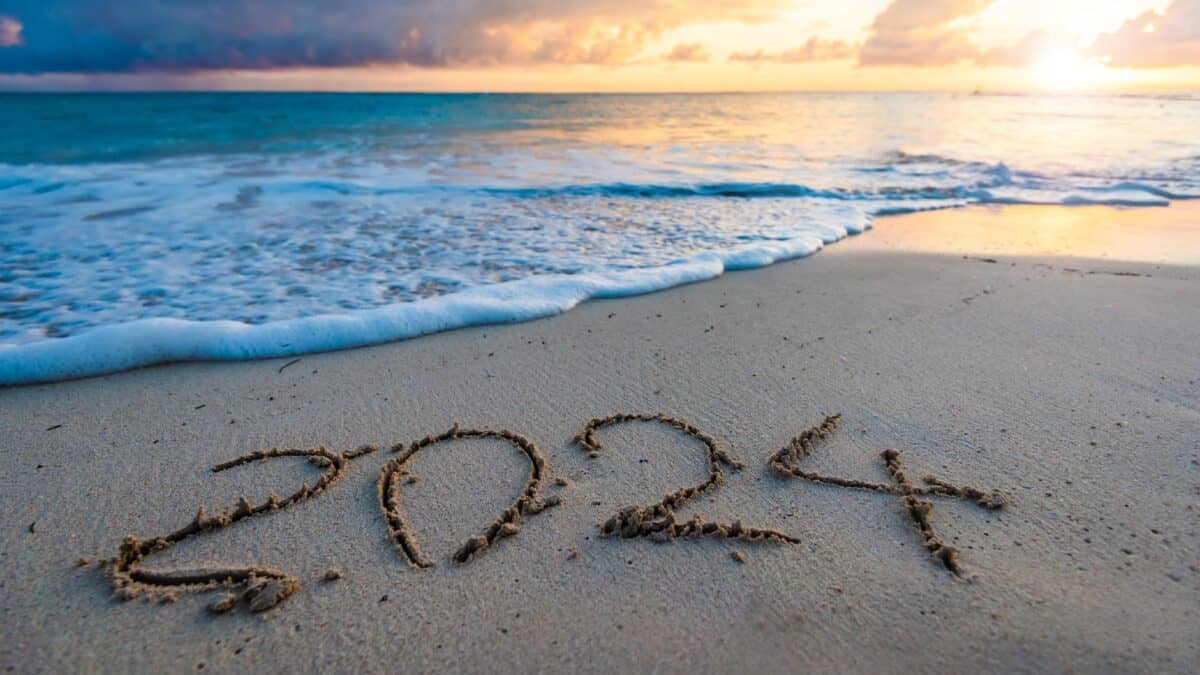Stock markets hate political uncertainty — look no further than the plunging markets that we saw post-referendum, or at the end of Liz Truss’ short-lived premiership.
And this dislike of political uncertainty is unfortunate, because if there’s one thing that it looks as if 2024 is going to major on, it’s political uncertainty.
Major elections in over 60 countries are due to take place in 2024 — making it the biggest election year in history, according to the New Statesman. Overall, it notes, over two billion people are going to go to the polls this year, roughly a quarter of the world’s population.
Markets aren’t too nervous — yet
Now, elections don’t always bring political uncertainty in their wake. Few of us doubt the outcome of the election in Russia, for instance.
But in the economies in which most of us hold our financial assets — the UK, the United States, Europe, and broad chunks of Asia Pacific — elections are by and large free, fair, and unrigged.
So the outcome is always going to be surrounded by some uncertainty.
Markets aren’t especially nervous — yet — with America’s S&P 500 hitting a new record high of 4,840, and the UK’s FTSE 100 trading around the same 7,500 level that it’s been for most of the past few years, pandemic excepted.
But that could — and most probably will — change as we get closer to autumn, when America goes to the polls, and when political pundits reckon Rishi Sunak will likely call an election. The European Union’s elections are even earlier, and just as unpredictable.
Gradual decline, not sudden plunge
How might we expect this nervousness to manifest itself?
In two ways, I think.
First, it won’t be like — say — the sudden crash that we saw post-referendum, or in February and March 2020 as the reality of lockdowns emerged.
Confidence will evaporate more slowly, as the election nears.
Second, there will be moments when markets will take fright, driven by opinion polls, or political candidates’ statements regarding their intentions.
So think of it as a series of descending steps, rather than a vertiginous plunge.
Keep your powder dry
The upshot is clear: investors are being given notice that bargains may well be on offer in the late summer and autumn.
What to do? How to play this?
Right now, I think I’d be tempted to keep my powder dry: hold back some investment capital, so as to be able to take advantage of market developments later.
There are no guarantees, of course, that any bargains will be on offer at all: markets may turn out to be more sanguine about this political uncertainty than I expect.
But I’m guessing that’s unlikely. If nothing else, it’s the sheer scale of what’s going on in 2024 that makes upsets more likely: so many voters, so many elections, and so much existing geopolitical tension as the background.
Good investments — at an even better price
Here at The Motley Fool, we’re mostly patient, long-term, buy-and-hold investors. We look for decent businesses, with decent prospects and decent upsides, and — ideally — with high-calibre managers whose interests are aligned with ours.
And if — as happens — markets conditions operate so as to make the share price a little cheaper than usual, then, hey, we don’t complain.
So a little judicious patience could well turn out to be amply rewarded.








